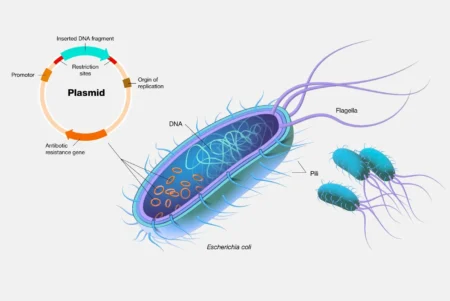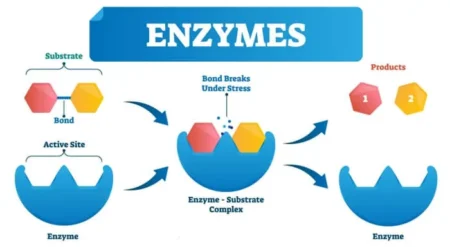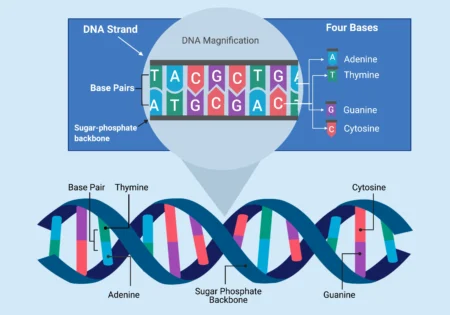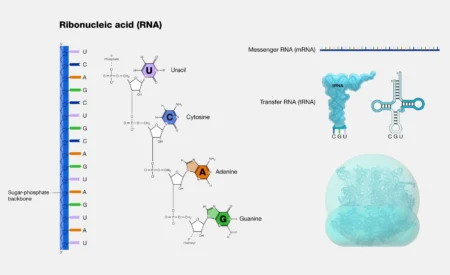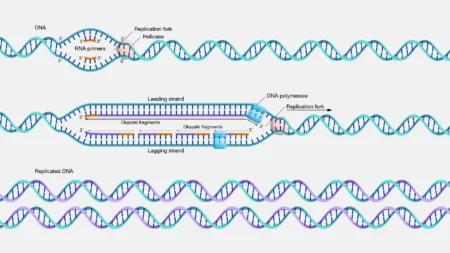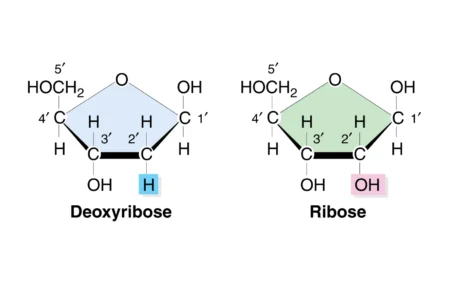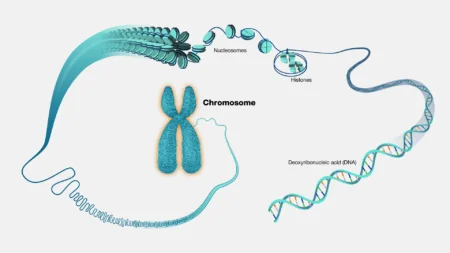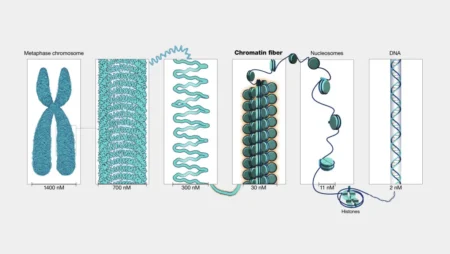Browsing: Cells
Cells are the fundamental structural and functional units of all living organisms. They are the smallest entities capable of carrying out all the basic processes that define life, such as metabolism, growth, reproduction, and response to stimuli. Organisms can be unicellular, consisting of a single cell like bacteria, or multicellular, made up of trillions of specialized cells that work in harmony, as in animals and humans. Each cell is enclosed by a membrane that regulates the movement of substances in and out, maintaining a stable internal environment.
Inside a cell, various organelles perform specific roles that keep the cell alive and functioning. For example, the nucleus stores genetic material and directs cellular activities, while mitochondria generate the energy needed for those activities. Other components like ribosomes, endoplasmic reticulum, and Golgi apparatus contribute to protein synthesis and transport. Despite their microscopic size, cells possess a remarkable level of organization and efficiency, making them the cornerstone of biological complexity and the starting point for understanding how life operates at all levels.


